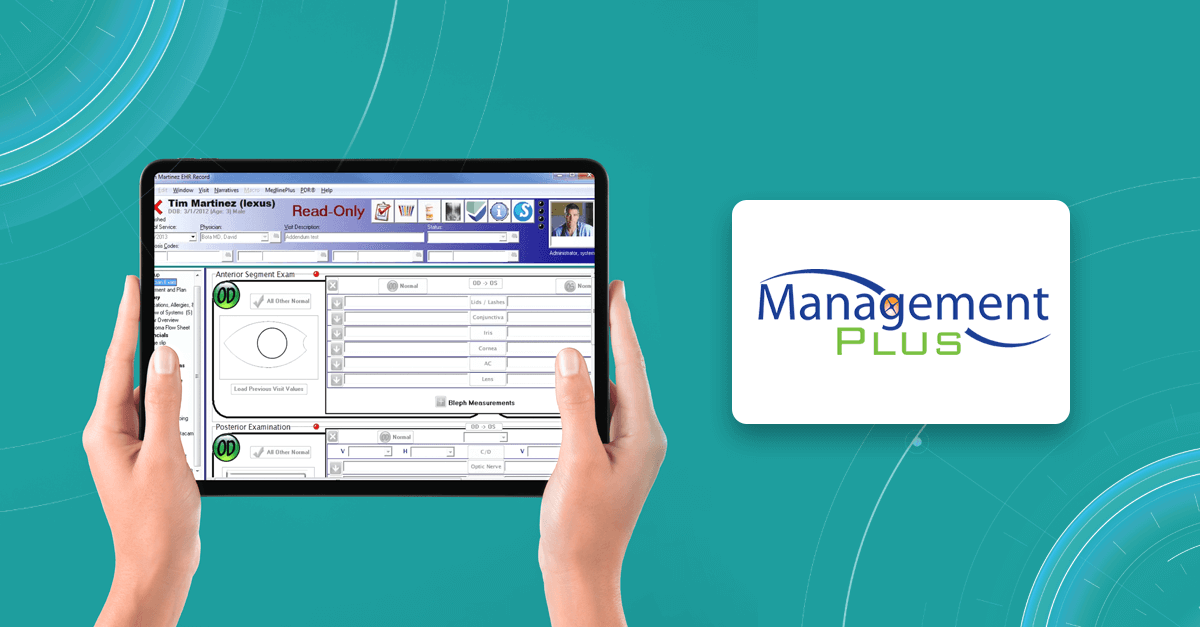Reaching Conformity: How Practice Management Tools Supports Healthcare Regulatory Standards

In the dynamic realm of healthcare, ensuring compliance with regulations is more critical than ever. Amid intensified examination from regulatory agencies and a heightened focus on safety of patients and protection of data, healthcare providers face the challenging task of ensuring their practices conform with stringent guidelines. This is where healthcare management software comes into the picture, offering a strong solution to assist healthcare organizations in dealing with regulatory hurdles.
Practice management software simplifies the administrative challenges of operating a medical practice, enabling providers to focus on delivering high-quality care. By incorporating regulatory tools directly into day-to-day operations, these systems help streamline documentation, invoicing, and reporting tasks, minimizing the likelihood of mistakes and improving accountability. As a consequence, medical practitioners can not just meet regulatory requirements but also enhance efficiency in operations and satisfaction among patients.
Key Capabilities of Practice Management Software
One of the main features of PM solutions is scheduling appointments. This feature allows healthcare providers to coordinate patient appointments effectively, reducing wait times and optimizing the use of resources. With intuitive calendars and scheduled reminders, providers can ensure that patients are properly informed about their upcoming visits, which consequently enhances patient satisfaction and loyalty.
Another vital feature is managing billing and claims. These solutions streamlines the billing operations, from generating invoices to submitting insurance claims. This not only reduces human error but also accelerates the revenue cycle, ensuring that practices receive timely payments. By monitoring outstanding balances and managing denials, practices can maintain stable cash flow, which is crucial for operational success.
Analytics capabilities is also a major feature that improves decision-making processes. Practice management software gathers and analyzes patient data, financial performance, and operational metrics. This insight enables practices to spot trends, evaluate performance, and make informed decisions to enhance efficiency and adherence with healthcare regulations. By utilizing these insights, healthcare providers can optimize their services and boost overall patient care.
Advantages for Health Regulation Adherence

Facility management applications is vital in guaranteeing that healthcare providers comply with regulations. By medicloudmed and reporting processes, this software supports organizations maintain precise patient records, which are critical for adhering to regulations such as HIPAA. Automated reminders and alerts allow healthcare practices to stay on top of important compliance activities, ensuring that deadlines are fulfilled and mandatory changes are executed.
Additionally, such software facilitates the process of reporting and accountability checks. Medical institutions are obligated to submit various reports to compliance authorities, and the software can simplify this process by creating reports that adhere to guidelines effortlessly. This minimization of data entry not only reduces human error but also saves time, enabling healthcare providers to concentrate on patient care rather than non-clinical activities.
In addition, the software provides comprehensive security features that protect private medical information. With compliance regulations highlighting patient privacy, practice management software often features encryption, user access restrictions, and monitoring logs to secure data. These safeguards not only aid in satisfying compliance requirements but also enhance patient trust, as individuals can be assured that their personal health information is handled safely.
Selecting the Right Software Solution
Choosing the appropriate practice management software is vital for healthcare providers looking to enhance efficiency and ensure compliance with regulations. Begin by evaluating your specific needs of your practice, including aspects such as your team's size, the number of patients, and the types of services offered. A clear understanding of these criteria will guide you limit options that are ideal for your environment.
Consider the features that are essential for your practice. Many software solutions include functionalities such as appointment scheduling, billing, patient records management, and reporting tools. Focus on software that not only aligns with your current operations but also ensures scalability for future growth. Moreover, verify that the software conforms with healthcare regulations to mitigate risks associated with data breaches and non-compliance penalties.
Finally, take advantage of free trials or demos supplied by multiple vendors. This hands-on experience can provide valuable insights into the user interface and overall functionality of the software. Involve your team in the evaluation process, as their feedback will be key in choosing a solution that boosts workflow and improves patient care. By selecting an right practice management software, your organization can foster better compliance and efficiency within healthcare operations.
